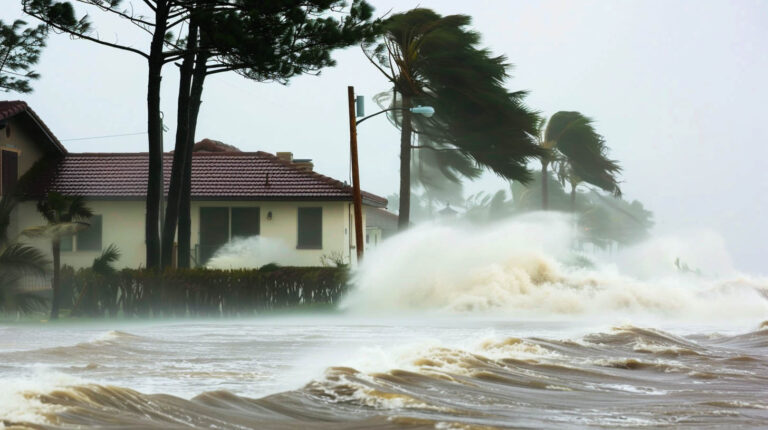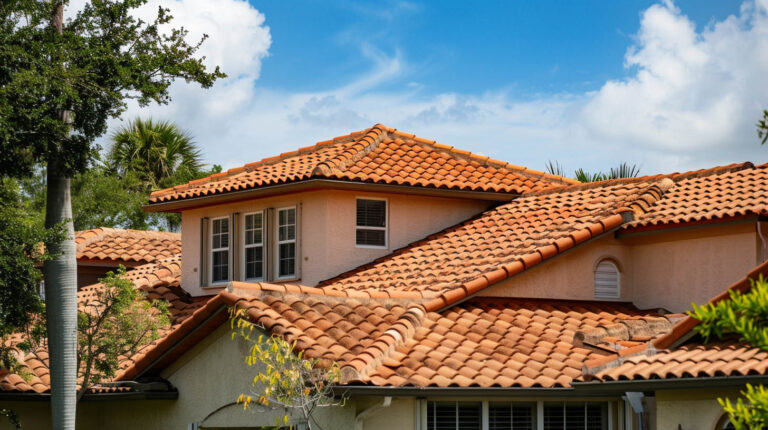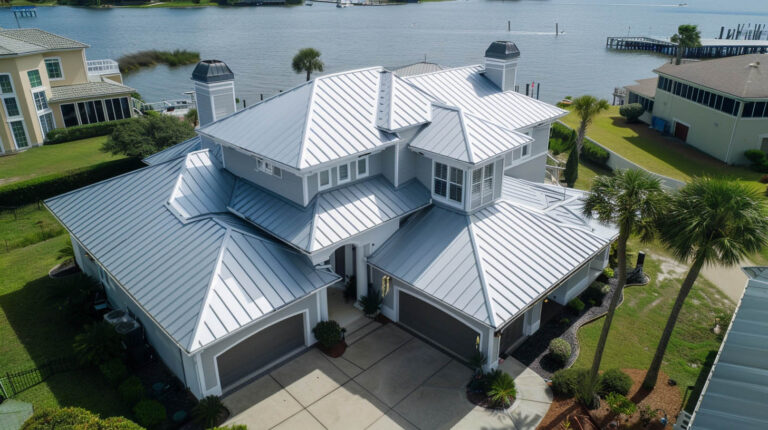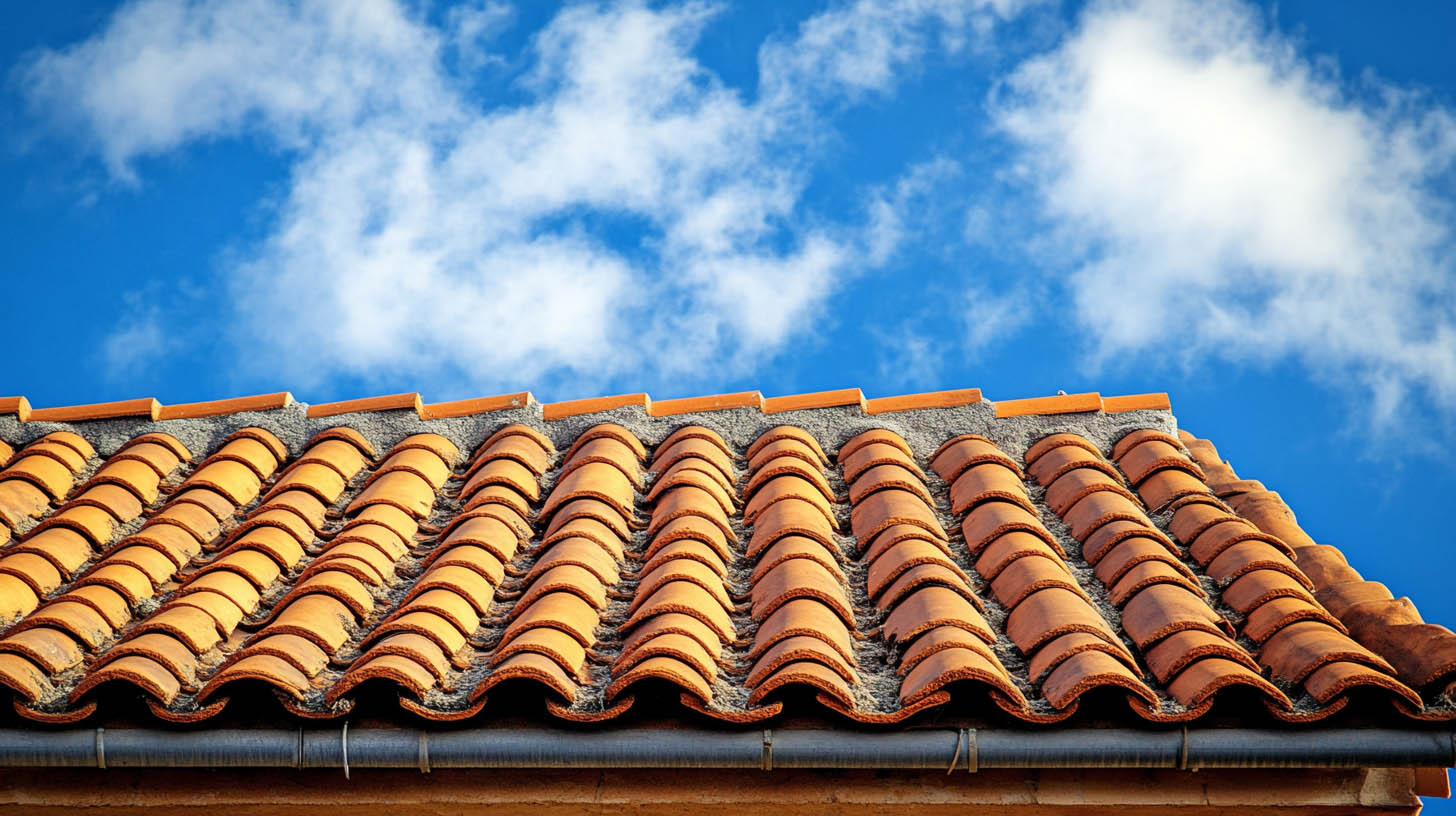
Blog
Key Indicators That It’s Time for a Roof Inspection
Your roof is one of the most vital parts of your home, protecting it from the elements and keeping your family safe. However, it’s easy to overlook until a problem arises. Early signs of roof damage can sometimes be subtle, but addressing them quickly can save you from costly repairs. At Avenue Roofing, we emphasize the importance of regular inspections to catch problems before they escalate. Here are the key indicators that it’s time to schedule a roof inspection.
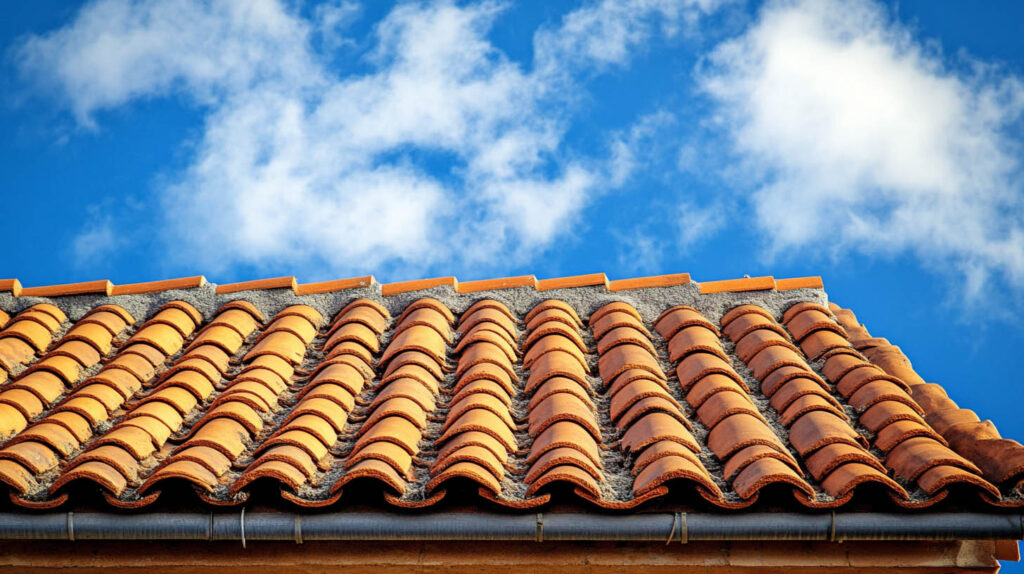
Recognizing the Signs That Your Roof Needs Attention
It’s tempting to assume your roof is in good shape just by glancing at it from the ground, but minor issues can go unnoticed until they become significant. Keep an eye out for these warning signs that may indicate underlying problems:
- Curling or Cracked Shingles: When shingles start curling at the edges or cracking, it’s a sign that they’re no longer protecting your roof effectively.
- Dark Spots or Streaks: Discoloration on your roof can indicate algae, mold, or water damage, all of which can lead to further deterioration.
- Moss and Algae Growth: These growths not only look unsightly but can also cause shingles to lift and allow moisture to seep in.
Ignoring these early signs could lead to more extensive damage, increasing both the cost and complexity of repairs.
Unique Fact: According to the National Roofing Contractors Association, a well-maintained roof can last up to 50% longer than one that is neglected, making regular inspections a worthwhile investment.
Why You Should Consider a Free Roof Inspection
Scheduling a free roof inspection can uncover hidden issues that may not be visible from the ground. While you might worry about the cost, many reputable roofing companies offer free inspections as part of their service. Early detection can save you thousands of dollars by identifying small problems before they turn into major repairs.
During an inspection, a trained professional will assess the overall condition of your roof, including both visible and hidden damage. This thorough evaluation helps you understand any existing issues and take preventive measures to extend the life of your roof.
The Role of a Roofing Inspector
Roofing inspectors are trained to spot more than just missing shingles or visible wear. They evaluate the structure of the roof, check for proper installation, and assess the wear and tear that may not be apparent to the untrained eye. A professional inspector can offer valuable advice on repairs, maintenance, or replacements based on your roof’s specific needs.
Additionally, certified inspectors are knowledgeable about local building codes and regulations, ensuring that your roof meets all legal standards.
Roof Inspection Checklist
A thorough roof inspection involves a detailed checklist to ensure nothing is overlooked. Here’s what a typical inspection includes:
- Shingles and Tiles: Inspect for any that are missing, cracked, or warped.
- Granules: Loss of surface granules on asphalt shingles indicates that the roof is nearing the end of its life.
- Flashing: Check for damage or rust that could lead to leaks around chimneys, vents, and skylights.
- Gutters: Ensure they are clear of debris and securely attached to prevent water damage.
- Attic Ventilation: Proper ventilation helps regulate temperature and prevent moisture buildup, extending the life of your roof.
- Roof Structure: Look for any signs of sagging or water damage in the attic.
Why Regular Roof Inspections Matter
Routine inspections help catch problems early, preventing expensive repairs down the road. Many homeowners delay inspections until a leak or other visible damage appears, but by then, the problem may already be extensive. Scheduling regular inspections—at least once a year—can help you avoid emergencies and ensure your roof remains in excellent condition.
FAQs
1. How often should I schedule a roof inspection?
It’s recommended to schedule a roof inspection at least once a year and after any severe weather events, such as hail or strong winds.
2. What are the most common signs that my roof needs an inspection?
Curling or missing shingles, dark streaks, moss growth, and water stains inside your home are all signs that your roof may need attention.
3. Can I perform a roof inspection myself?
While you can do a basic visual check, a professional inspection is more thorough and can identify hidden issues that an untrained eye might miss.
4. What should I do if the inspection reveals damage?
If damage is found, your roofing professional will recommend the best course of action, whether it’s a minor repair or a full replacement.
5. Are free roof inspections reliable?
Yes, many roofing companies offer free inspections as part of their service. Ensure you choose a reputable company with trained professionals for an accurate evaluation.
Conclusion
Recognizing the early signs of roof damage and scheduling regular inspections are key to maintaining a healthy, long-lasting roof. Whether you’ve noticed cracked shingles, dark spots, or water stains inside your home, it’s always better to address the issue before it worsens. At Avenue Roofing, we provide comprehensive roof inspections that identify both visible and hidden problems, ensuring your roof remains in top condition for years to come.
To learn why hiring a professional for roofing safety beats DIY every time, click here.
